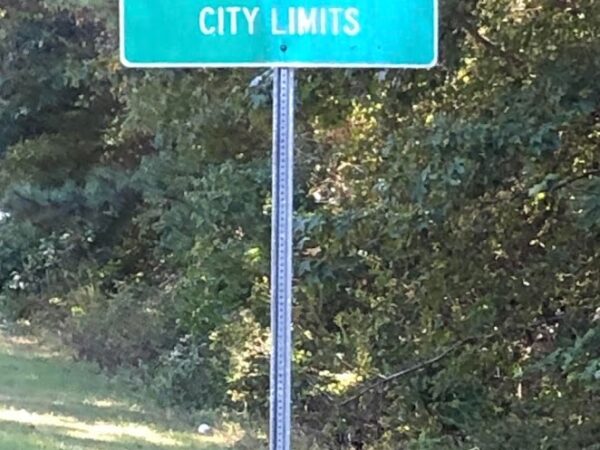For a moment, everything went eerily quiet as the smoke and thick dust swirled around them. As the air began to clear, Elder Rudger Clawson could see that it was just as he had feared, Elder Joseph Standing, his missionary companion, had been shot and lay on the ground with a large bullet hole in his forehead.
 |
| Rudger Clawson (L) and Joseph Standing (R) |
Folding his arms, Elder Clawson looked up at the angry mob and said, “Shoot.” When nothing happened, he stooped down to help his dying companion.
It was July 21, 1879 and Elder Clawson and Elder Standing had been on their way to Rome, Georgia, which was about 20 miles from where John Monroe Ganus and his wife, Olivia lived. As they were walking along, they looked up and discovered a mob positioned a short distance away and looking right at them. Waving their hats over their heads, the mob whooped and headed straight for the two Elders. Well armed, the mob took the two missionaries as prisoners. Things soon escalated and ended with the murder of Elder Standing, one of many murders of Mormons that would take place in the South.
Amazingly enough, in May of 1880, just slightly over nine months after the murder of Elder Standing, John and Olivia joined the Church of Jesus Christ of Latter-Day-Saints, commonly referred to by many as the Mormon church.
In 1878, the southern headquarters for the Church of Jesus Christ of Latter-Day-Saints, had moved from Chattanooga, Tennessee to Rome, Georgia. At that time, John and Olivia were working to feed and clothe three growing boys in a Georgia still struggling from the effects of the war. Although the strains of reconstruction had eased somewhat, poverty was still widespread and many felt a fear and uncertainty about the future. With a desire to preserve their way of life, many residents viewed outsiders and those with different views suspiciously and that included those of the Mormon church. Many of the Mormon missionaries were from other states and there were many rumors and suspicions about their reasons for going to the south to proselyte.
In July of 1880, a missionary from Utah, Elder Solomon C. Stephens, organized a small congregation of 12 Mormon converts in Haralson County, Georgia. (1) Among them were John and Olivia Ganus, who had been baptized by Elder Stephens two months earlier on May 7, 1880, likely in a nearby pond called “Mormon Hole.” Although many of their neighbors had avoided and rejected the Mormon missionaries, John and Olivia were among the few who listened to their message and joined the LDS church.
I’ve often wondered why John and Olivia listened when so many did not. John and Olivia had lost several children, so the Mormon’s teachings about eternal families may have brought comfort to them. Was it the way the Mormon church is organized or the doctrine regarding our purpose here on earth? We likely will never know, but something about the Mormon church felt right to them and they listened to the missionaries, believed what they were taught and then accepted the invitation to be baptized.
That decision forever changed the course of John and Olivia’s lives and the choices they made in the days and years that followed. Fortunately, some of the missionaries who served in their area recorded events and details of the Ganus’ lives so stay tuned as there is much more to tell.
For more information about Joseph Standing, see: http://www.ldschurchnewsarchive.com/articles/40866/In-memory-of-a-martyr.html
(1) Ancestor Files: http://theancestorfiles.blogspot.com/2009/04/history-of-southern-states-mission-part_09.html
Copyright © Michelle G. Taggart 2017, All rights reserved




Very interesting, Michelle. I have been tracking changes in some of my ancestors' religious affiliations lately through census records and it always makes me wonder what the impetus was for the change. My own grandparents changed affiliations several times during their lives. Can't wait to hear the rest of your story.
Michelle, Was the phrase "Everything went eerily quiet" in the reference journal, or is that your description?
I am sure the reasons are far more varied than we might think. We lived in an area at one point where people changed religions when they got a new job so they could attend with their boss and there were also those who joined a church so they could be married in that particular church. Of course there were those who changed religions for their beliefs too—-and I suspect a whole laundry list of other reasons. It's interesting to learn about.
No it wasn't in the journal, but I read a lot about that event and that is how I envisioned it .